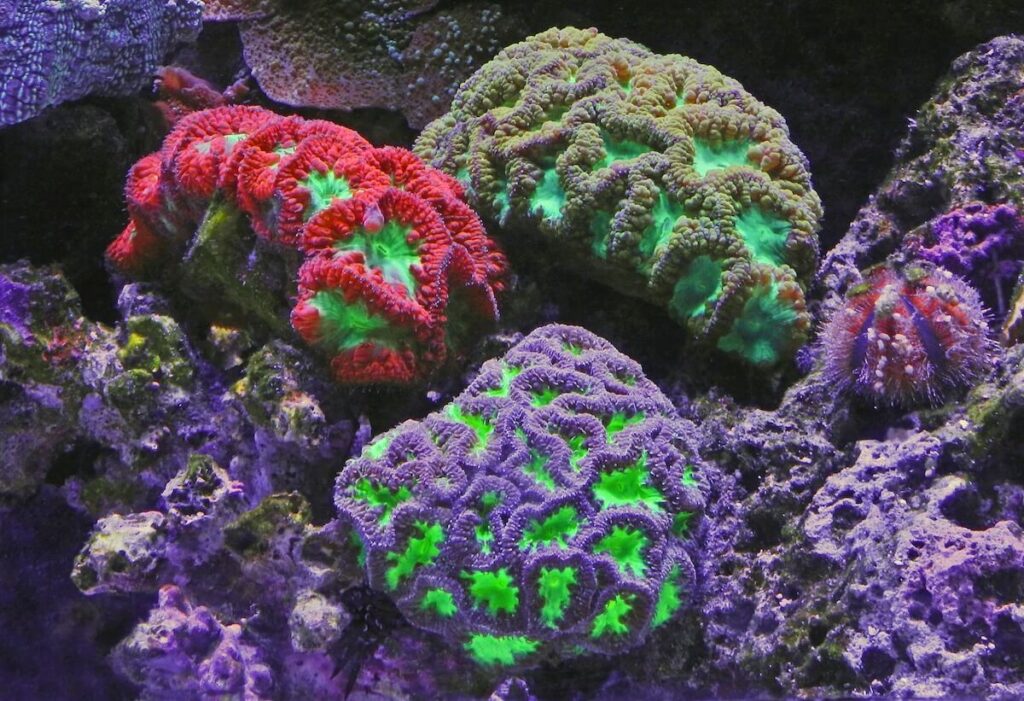Silent coral apocalypse: 84% of the world’s reefs in danger

A phenomenon of unprecedented magnitude is threatening our planet’s richest marine ecosystems, as the most intense episode of coral bleaching ever recorded continues to ravage the oceans.
The situation is alarming: according to the latest data published by the International Coral Reef Initiative (ICRI), 84% of the world’s coral reefs were affected by bleaching-level heat stress between January 2023 and March 2025. This exceptionally intense phenomenon affected 82 countries, territories and economies.
In view of the ecological disaster, scientists have had to add three new levels (levels 3 to 5) to their Bleaching Alert Scale to indicate the unprecedented scale of the damage. Level 5, the most critical, indicates a mortality risk of over 80% for all the corals on a reef.
The causes of a predicted disaster
“This is an exceptional episode in terms of duration (it began in January 2023), geographical scope and heat intensity: the reefs are being impacted simultaneously in the three main tropical ocean basins: the Atlantic, Indian and Pacific Oceans,” explains Dr. Didier Zoccola, marine biologist and founder of the World Coral Conservatory.
The Monegasque specialist stresses the aggravating factors: “The main factor is the abnormal warming of the oceans’ surface, exacerbated this year by the El Niño phenomenon, which causes a temporary rise in temperatures of several degrees in the tropical Pacific, but with global repercussions.”
A major ecological and economic issue
These marine ecosystems, often referred to as the “rainforests of the sea”, are not only spectacularly beautiful. They are home to around a third of all known marine species and provide vital resources for almost a billion people worldwide
Coral reefs also represent a considerable economic asset, generating around 10 trillion dollars in benefits such as food, employment and coastal protection.
A glimmer of hope
Despite the seriousness of the situation, experts believe that a combination of local conservation measures and rapid emission cuts could still enable reefs to survive the 21st century. Scientists recommend increasing investment in coral protection by a factor of seven and limiting global warming to as little above 1.5°C as possible to preserve these vital ecosystems.
“There are no signs at this stage that the situation is going to slow down,” warns Dr. Zoccola, who stresses the need for urgent action to save the “rainforests of the seas.”













